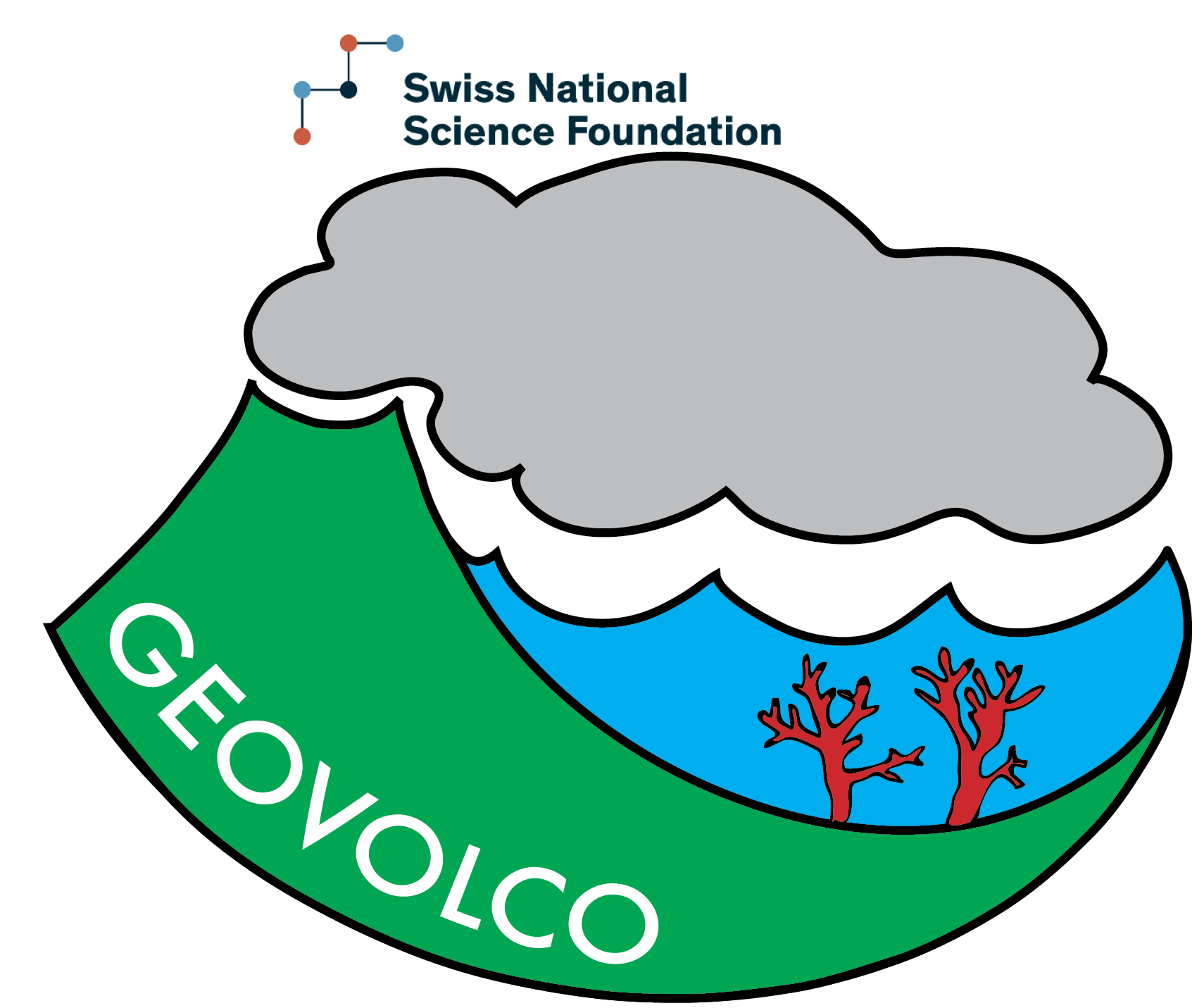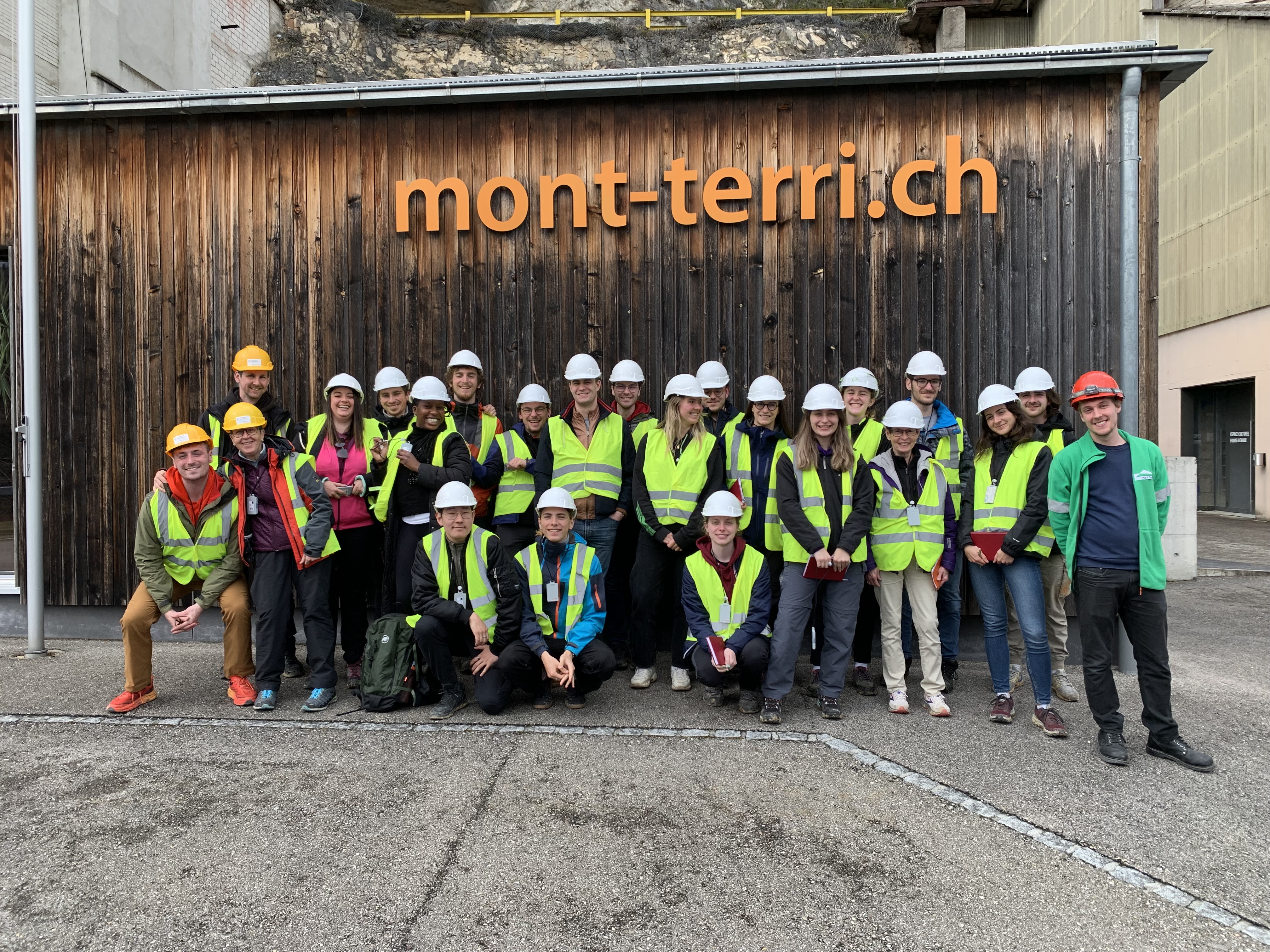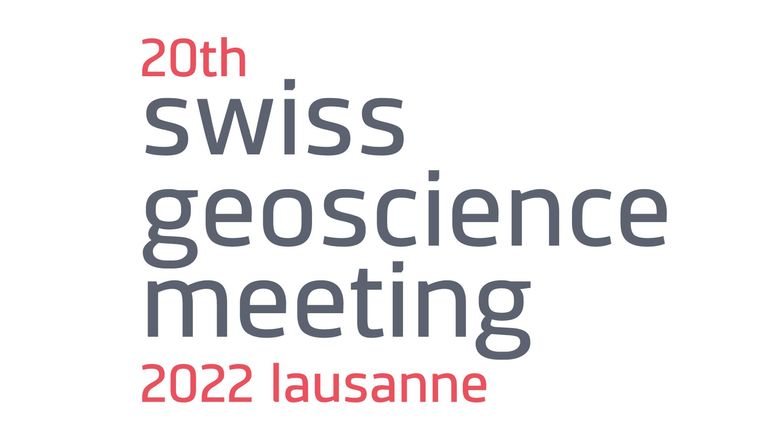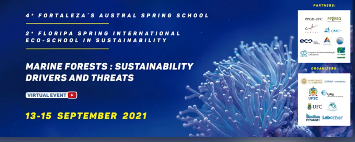Home
Corals grow in shallow waters around volcanic islands in the tropics. They are able to record changes and disturbances in the environment around them, which appear as geochemical signatures in their skeletons. Their skeletons grow with time, and so by measuring the geochemistry of the skeleton, a high-resolution temporal record of the local environment can be reconstructed. Our research focuses on understand how volcanic tephra and fumarolic degassing, associated with magmatic and eruptive activity, affect the physiology of corals and how this is record in the coral skeleton. We use a combination of experimental and field-based approaches to understand this interaction between coral biogeochemistry and volcanic tephra, with the aim of developing a methodology to reconstruct past volcanism. We analyse the natural and experimental results using a variety of methods with a focus on mass spectrometry and electron spectroscopy.

News

28.07.2023
Goldschmidt 2023
Every year the Geochemical Society and the European Association of Geochemistry jointly host the international Goldschmidt conference on geochemistry. This year, the event took place in Lyon, France, and all members of the Geovolco research group were able to attend in person. The Goldschmidt conference is widely renowned for the high quality of work shared by speakers and presented during the poster sessions. The range of themes available in the programme is also extremely diverse, bringing together scientists investigating all aspects of geochemistry. Themes of particular interest to the group included the sources and fates of metals and nutrients in aquatic systems, environmental geochemistry, geobiology and volcanism. Throughout the week we had the privilege of meeting and learning from various experts, as well as having the chance to catch up in person with scientists collaborating remotely on projects involving members of the group. In addition to learning from the scientific community, all members of the group had the chance to contribute to discussions by presenting posters. These highlighted the results and applications of recently conducted work, and incited some interesting and useful discussions with fellow scientists. Our very own Sebastian Flöter also convened and chaired a session contributing to the overall theme ‘Chemistry and physical processes of the oceans and atmosphere: now and through time’. This session provided insight into some of the latest studies on biomineralisation - a topic relevant to much of the research conducted within the Geovolco group. Overall, the conference provided an excellent opportunity to network and share information within a friendly and relaxed environment - roll on next year!

21.04.2023
Assisting the BSc students on a palaeontology camp in the Swiss Jura
James and Sebastian recently assisted the first year bachelor students in a palaeontology field camp in the Swiss Jura. They visited Mont-Terri Rock Laboratory and the Jurassic Museum between outcrops.

18.11.2022
Swiss Geoscience Meeting in Lausanne 2022
The 20th Swiss Geoscience Meeting (SGM) took place in Lausanne this year which was a great opportunity for some of the Geovolco team to present their projects and findings. Frank presented his research through a short talk followed by questions and James presented his project via a poster. We look forward to participating in the next SGM 2023 in Mendrisio.

21.10.2022
Best Oral Presentation Award: ESPP Day 2022
On the 21st of October James and Frank presented at the CUSO Earth Surface Processes & Palaeobiosphere Day in Bern. PhD students, who do their doctorates in Switzerland, were able to present their work through posters or oral presentation sessions. James presented his prelimary results from Barbados and explained the field methods, whereas Frank presented his physiological results obtained from the Centre Scientifique de Monaco. For his oral presentation, Frank was awarded with the best oral presentation award, for his talk entitled “Physiological and geochemical traces of volcanic activity in the hermatypic coral Stylophora pistillata: an experimental approach”.

13.09.2022
Poster Award at the Virtual International Sclerochronology Conference 2022
Frank participated in the vISC22 conference. The virtual conference was especially designed for early-career sclerochronologists with a special focus on community networking and early-career research. Frank presented his work on the physiological response of the hermatypic coral Stylophora pistillata upon prolonged ash-exposure, conducted at the Centre Scientifique de Monaco. Frank was awarded the best poster award for his poster entitled “Physiological and geochemical traces of volcanic activity in the hermatypic coral Stylophora pistillata: an experimental approach”.

01.09.2022
Bella's internship with the University of the Azores
Bella has returned from a 6 week Medical Geology internship at the University of the Azores on the island of São Miguel, where she investigated the water quality of 18 freshwater springs located around the town of Furnas. Furnas lies in an ancient volcanic caldera, with inhabitants living across the youngest vent which hosted the most recent eruption. Continued geothermal activity in the area means that the town is famed for its hot springs, fumaroles and bubbling mud. The freshwater springs are popular sites for collection of drinking water, and although some springs are filtered, many of the fountains are not. To improve knowledge of the chemical composition of the water Bella assessed Cd, Pb, Cu, As and F levels in the water by laboratory analyses, and assessed the implications for human health.

14.08.2022
Gorden Research Conference on Biomineralisation
From the 14th to the 19th of August Sebastian participated in the Gordon Research Conference on Biomineralisation in Barcelona. There over 160 Scientists from different fields of biomineralisation research met and exchanged their ideas and findings on fundamental biotic and abiotic mechanisms forming minerals. Sebastian presented his work done on coralline red algae growing in natural CO2 vent sites.
04.08.2022
Hydrothermal vents in La Palma
Sebastian attended a workshop on the island of La Palma.
14.07.2022
Coral core collection in Barbados
James and Tom recently completed fieldwork in Barbados where they collected core samples from reef-building corals along the northwest fringing reefs of Barbados. Using a pneumatic drill rigged to a scuba setup, James and Tom were able to safely core the corals underwater. James's next step will be to prepare the samples for LA-ICP-MS analyses. (Photo credit to Cathy Holmes)

29.05.2022
Experiments in Monaco
Frank has returned from Monaco after successfully conducting his laboratory experiments at the Centre Scientifique de Monaco, in collaboration with Prof Christine Ferrier-Pagès and Stéphanie Reynaud. Using pristine ash from the 2021 eruption of La Soufrière, St. Vincent, Frank ran a series of experiments over a period of six weeks to assess the physiological and metabolic response of the corals to the ash, and to understand the implications for the biomineralisation process.
16.05.2022
CUSO excursion to Martinique
Some members our team have recently returned from a field trip to Martinique. Funded by Conférence Universitaire de Suisse Occidentale (CUSO) and organised by Prof. Tom Sheldrake, a group of doctoral and postdoctoral students had the opportunity to learn about the evolution of volcanism in the Central Antilles from Prof. Aurelie Germa (USF, Tampa). The trip was assisted by Dr. Allan Fries, Dr. Jonathan Lemus and Dr. Oliver Higgins.

13.09.2022
Spring School on Marine Forests
Frank attended the 4th Fortaleza Austral Spring School and 2nd Floripa International Eco-Spring School in Sustainability with the theme “Marine Forests: Sustainability, Drivers and Threats” (online version) as listener. The spring school was organized by the postgraduate program in tropical marine sciences of the federal university of Ceará and by the postgraduate program in ecology of the federal university of Santa Catarina. Frank learned about the current state of marine habitats and the actions needed to counterbalance the detrimental effects of climate change.
